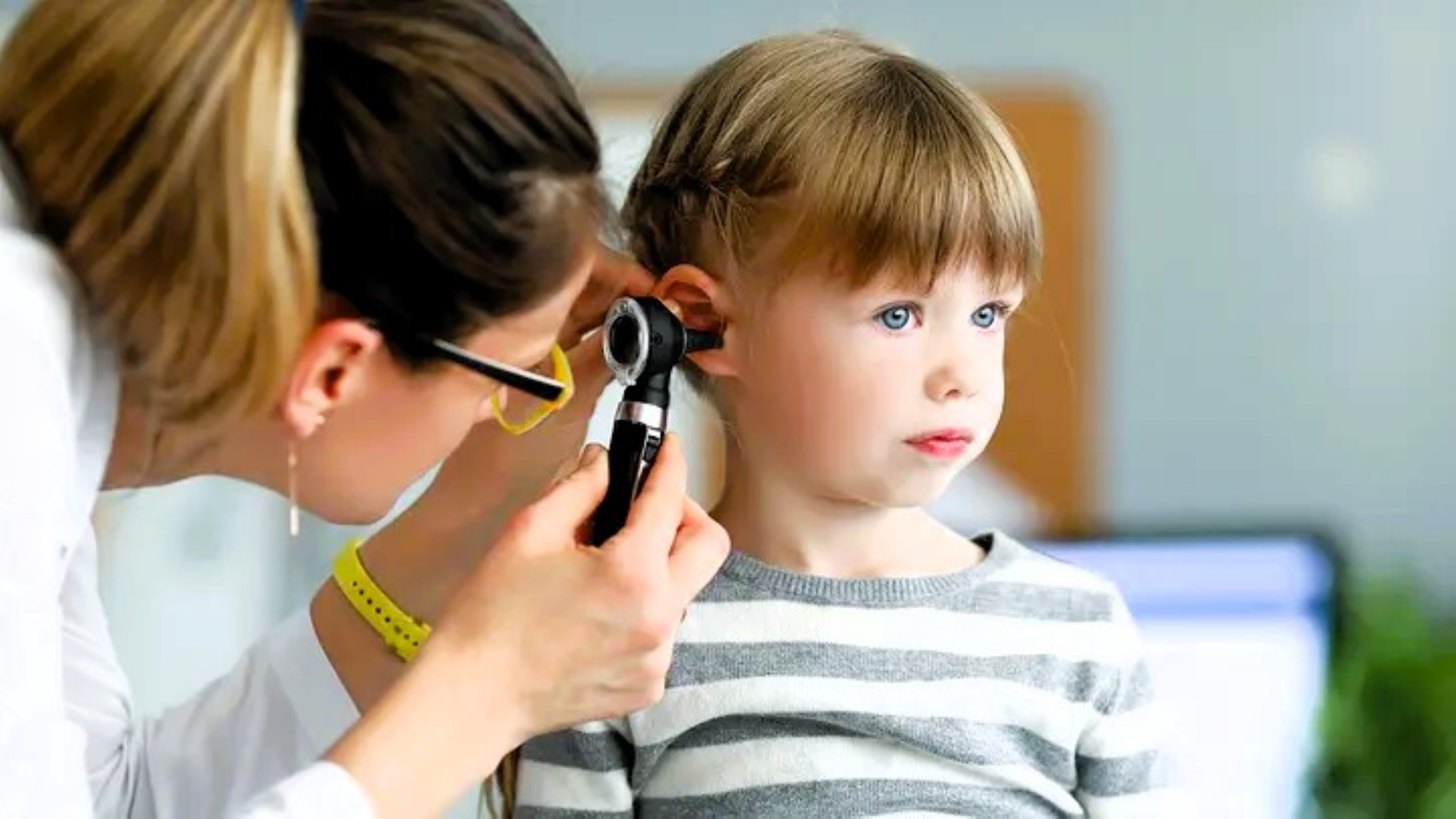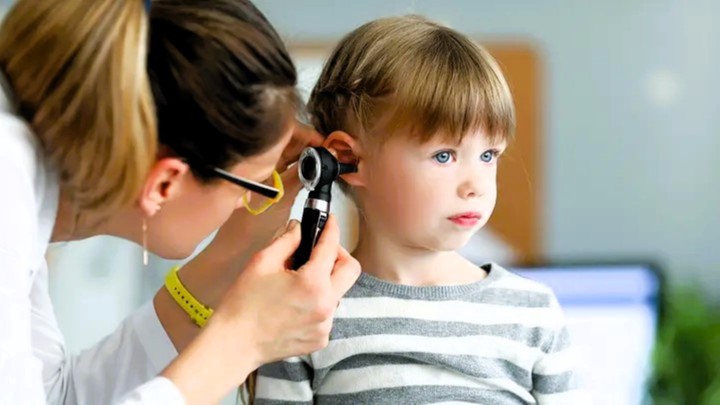
The Link Between Ear Infections and Speech Delays: What Parents Need to Know
Many parents worry when their child has frequent ear infections. While ear infections are common in childhood, what's not always known is their potential connection to speech and language development. If your child has a history of ear infections and you're concerned about their speech, here’s what you need to know.
How Ear Infections Can Affect Hearing
Ear infections, or otitis media, are very common, especially in children under two. They happen when the middle ear, the space behind the eardrum, gets inflamed and fills with fluid. This fluid build-up can make it difficult for sound to travel from the outer ear to the inner ear, causing a temporary hearing loss.
Think of it like trying to listen to someone underwater. You can hear them, but their voice sounds muffled and unclear. For a baby or toddler, who is learning to recognize and mimic sounds, this muffled hearing can be a big problem. If they can't clearly hear the sounds of words like "cat" and "ball," they may have trouble learning to say them correctly.
The Domino Effect on Speech and Language
A child learns to speak by listening. From babbling to saying their first words and eventually forming sentences, their brain is constantly building a map of sounds. When they have frequent or long-lasting ear infections, this learning process can be interrupted.
Speech Delays: They might struggle to produce clear speech sounds (articulation). This is because they aren't hearing the fine details of speech correctly.
Language Delays: They may also have a harder time understanding language (receptive language) and expressing their thoughts in sentences (expressive language). This is because they're missing out on a lot of the language they hear every day.
What Can Parents Do?
If your child has frequent ear infections and you have concerns about their speech, it's important to be proactive.
1) Talk to your doctor:
Discuss your concerns with your pediatrician or an ENT (ear, nose, and throat) specialist. They can determine if the infections are affecting your child's hearing and if further treatment, like ear tubes, is necessary.
2) Schedule a hearing test:
An audiologist can perform a simple, non-invasive hearing test to check for any hearing loss related to the fluid in the middle ear.
3) Consult a Speech-Language Pathologist (SLP):
An SLP can evaluate your child’s speech and language skills to see if they are on track. They can also work with you and your child to develop a plan to improve their communication skills.
The good news is that hearing loss from ear infections is usually temporary. By identifying and treating the problem early, you can help get your child’s speech and language development back on track.






